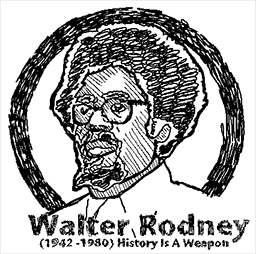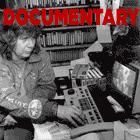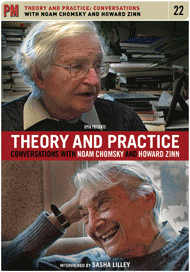New Additions
Added Black Hawk's Surrender Speech, 1832, Banneker's letter to Jefferson, "The Negro Should Not Enter the Army"Missionary Department of the Atlanta, Georgia, A.M.E. Church, Eugene Debs' Statement to the Court Upon Being Convicted of Violating the Sedition Act, A selection from Black Bolshevik by Harry Haywood, The Revolution is At Hand The original speech John Lewis wrote to be delivered at the Lincoln Memorial, The Basis of Black Power: a SNCC position paper, The Freedom Schools: Concept And Organization by Staughton Lynd.







